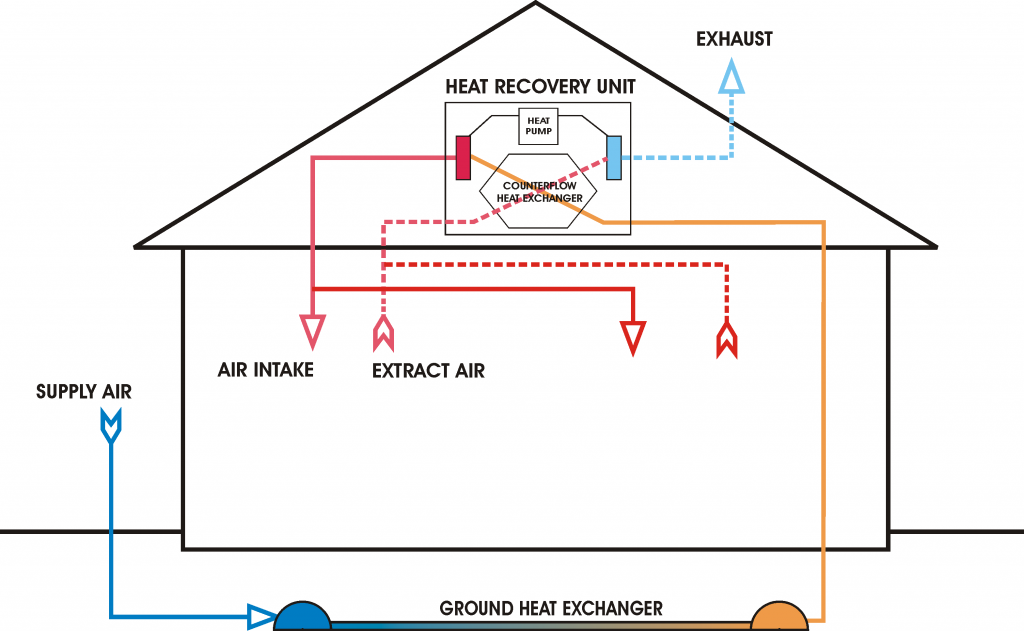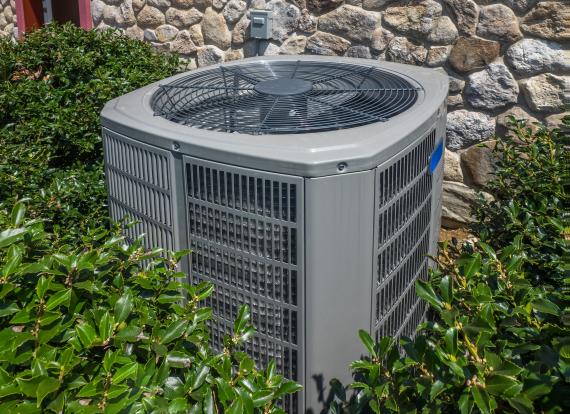A heat pump is a system that absorbs heat from sources outside of your home to release it indoors using compressors and a specific flow structure. Are you considering whether you should install one for yourself, and debating the pros and cons of such a decision? No worries! In this article, we will present the benefits and drawbacks of heat pumps which will hopefully help you to make a better decision for your home.
Benefits of Heat Pumps
Let’s look at some of the advantages of installing a heat pump:
Low Costs
A heat pump is said to be the most efficient alternative and uses less power compared to fuel, oil, electric-based heat systems. As a result of their energy efficiency, a heat pump will save you a fair amount of money in the long run, despite their relatively higher initial costs.
Less Maintenance
Heat pumps are relatively low maintenance compared to combustion-based heat systems. If you are a DIY-savvy, you simply need to check the mechanism once a year or schedule a professional maintenance review every 3 or 5 years.
Safety
Unlike combustion-based heating systems, heat pumps have more safety features which can reduce the stress of a homeowner.
Cooling Effect
Through the magic of their reverse feature, heat pumps can not only provide heating for winters but also turn into air conditioning units to help you get through the extremely hot summers.
Versatile Installation
Where do you need to install your heat pump? On the floor, wall or ceiling? Let me tell you that a heat pump has high versatility and can be easily installed into any existing or new systems.
Environmental Benefits
Heat pumps can help reduce the level of carbon emissions. Compared to other heating systems, they have a highly efficient energy- conversion rate, which means that your heat pump will use less energy and hence less pollution is created, which is beneficial for the environment.
Health Benefits
During the operation process, a heat pump is said to filter the air. Consequently, the presence of pollen, humidity and aerial pathogens are reduced in the building. While other heating systems can spread dust around, a heat pump contributes to the health benefits of an individual.
Long- Life Span
A heat pump is highly durable, making it easy to operate for more than fifty years.
Drawbacks of a Heat Pump System
Now, let’s look at the few downsides to a heat pump system:
Costs of installation
The initial cost of installing a heat pump system is much higher compared to some other heating systems. This initial fee is sometimes enough to discourage certain buyers, but you need to remember that the heat pump system will pay for itself in the long run.
Difficulty in Installation Process

Installing a heat pump does require a significant amount of technical knowledge, and is not something that many DIY enthusiasts can hope to tackle over a weekend. You will need to understand the principles of heat transfer and also have an in-depth knowledge of the various materials and structures of your home to figure out the different installations requirements. Also, the installation process is quite labour intensive.
A further consideration is that some countries require special planning permission for you to be able to install a heat pump system.
During Extreme Cold Weathers
Sometimes it can happen that your heat pump is unable to work efficiently during extremely cold periods. Some heat pumps are affected in very cold regions and hence are not be able to provide adequate heating effects.
Debatable Sustainability Feature
It was noted that the fluids used for the heat movement in heat pumps are of questionable quality and can therefore cause environmental issues.
Weighing the two sides of the coin, what will be your final decision? Please share your opinions!

